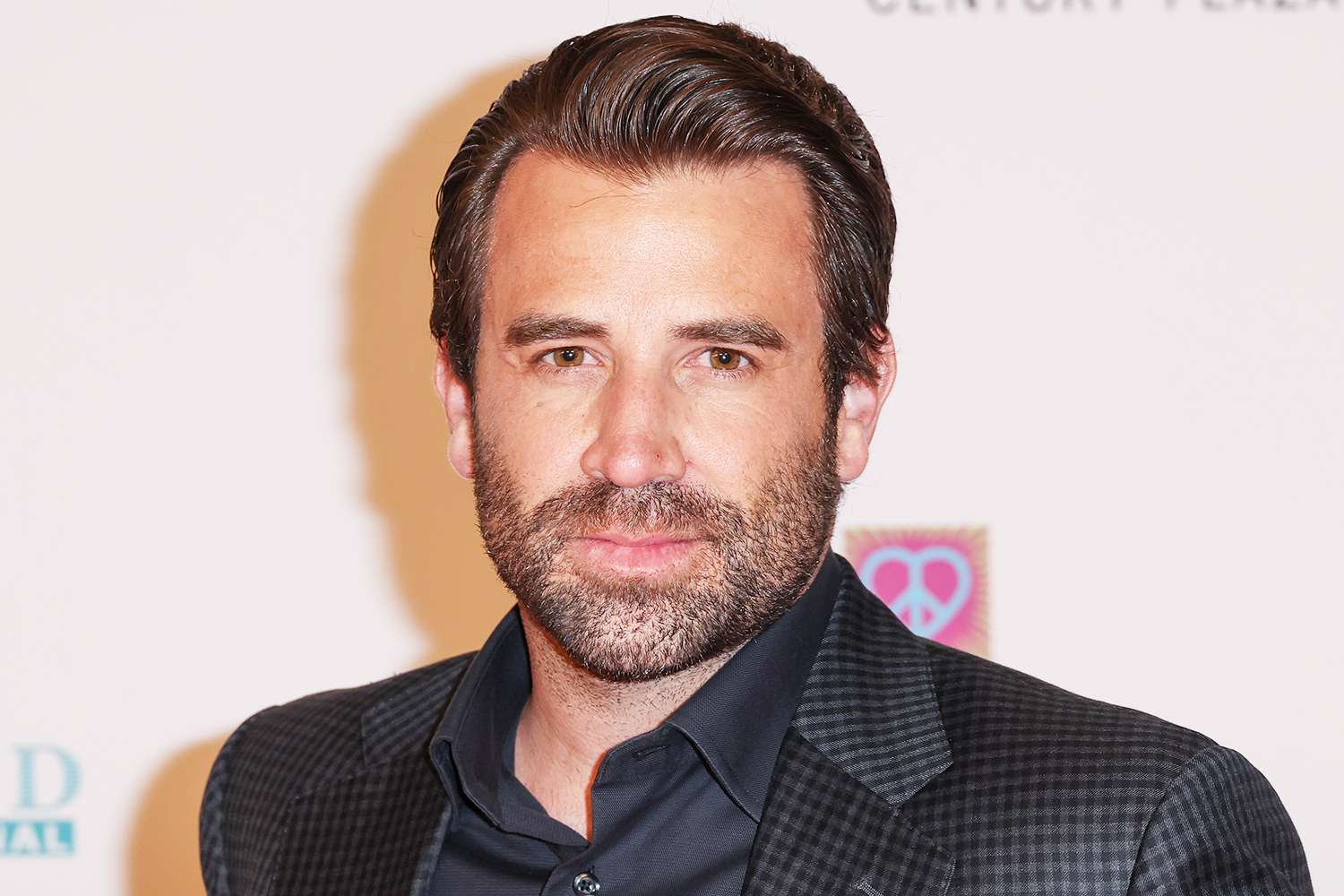When Jason Wahler first joined the cast of Laguna Beach as a senior in high school, his mental health and addiction struggles were already underway. Though the former reality star, now 37, went on to star on the MTV show’s spinoff, The Hills, from 2006 to 2008, he was in the midst of facing substance abuse and addiction challenges that would lead to several trips to rehab as well as trouble with the law. His addiction also “drove me to suicide,” he revealed to Entertainment Tonight in 2016. However, he continued his recovery journey in the public eye, even appearing on Celebrity Rehab with Dr. Drew in 2010 and openly discussing his ups and downs in the years since, including a relapse in 2018 and another low point when he ended up on “the first floor at Hoag Hospital while my wife [Ashley] was giving birth on the third floor with my daughter,” Delilah Ray, But now, Wahler tells PEOPLE that his mental health issues dated back well before he was ever in front of the camera, beginning in his childhood. “I struggled severely with OCD, obsessive compulsive disorder, where I’d wash my hands until they’d bleed,” he recalls. “I’d have to wear neoprene gloves at night and put Neosporin in them.” He says navigating the disorder while trying to maintain the persona of “the popular kid” at school was difficult. “There’s one way that the public’s perceiving you, versus you go home to mommy and daddy and you have this whole other life,” he says. “So I’m literally, at 12 or 13 years old, living a double life.” Though he was in therapy and on medication to help “mitigate the symptoms,” he says he “never dealt with the underlying issue.” He recalls, “Couple years, fast-forward, I find alcohol: ‘Oh my God, who needs medication, right? This is the relief.’ ” More than 20 years later, Wahler, who now shares two children and is expecting a third with his wife, says medication and therapy have gotten him to a point where his “OCD no longer controls my life or affects me daily.” The Laguna Beach alum now gives much of his time to advocacy work and raising awareness about addiction and mental health. “Every day I wake up, I have a purpose, I have passion, I have motivation, and there is nothing better than giving back and not looking for anything in return,” he says. His openness about his struggles means that every day, people reach out to him on social media to share their own stories of addiction or loved ones in crisis. For a while, he tried to respond to most of them — but he found that not being able to keep boundaries was affecting his own mental health. “I have a big heart and I want to be able to help as many people as I possibly can but that was also to my biggest detriment,” he says, explaining that “not being able to take care” of himself while supporting others played a role in his relapse several years ago. Never miss a story — sign up for PEOPLE’s free daily newsletter to stay up-to-date on the best of what PEOPLE has to offer, from celebrity news to compelling human interest stories. “Helping people didn’t cause me to go back to rehab,” he clarifies. “Not taking care of myself, failing to set boundaries, and not prioritizing my sobriety were the main reasons that led to my relapse which ultimately landed me in rehab again.” Now, to be “more intentional” in his work, Wahler has committed to more speaking engagements including an upcoming appearance at Ole Miss and around dozens of school districts in Kentucky, giving talks targeted at young people about the subject of substance abuse and mental health. “If I can impact a couple hundred people as opposed to just one, I’d rather do that,” he says of his renewed focus on speaking to groups. “My heart’s in it to help as many people as I possibly can.” He also works with organizations including The Red Songbird Foundation, Change Your Brain Foundation and ALYST Health, where he serves as a recovery advocate. “My whole goal is to educate people to the best of [my] ability to give them the informed opportunity to make a decision,” Wahler says of his advocacy for the organization that employs at-home treatment for those facing substance abuse. “My job is to give them options, give them peace of mind of what’s out there and let them see what really fits.” Another important boundary he keeps to preserve his mental health and sobriety? Sticking to a routine — as “simple” as that sounds, he finds it true that “consistency and structure creates safety.” For him, that can include meditation, bible study and exercise. At the end of each day, he also checks in with himself to figure out any areas where he might have “fallen short” — and is also sure to highlight what went well. “I think a lot of us are way too hard on ourselves,” he says. He says the things he focuses on now, like gut health, exercising and making sure he’s done his gratitude list are a far cry from what he was worried about two decades ago. “I’m so grateful those are my problems today,” he says. “I have quality problems versus 20 years ago I was looking for what treatment to go to, what attorney am I hiring, what jail am I going to? It’s very different, but that has really allotted me this opportunity to literally have a very meaningful life that I love.” Wahler adds, “I think that’s the cool thing from this, is sobriety has really helped me identify who I am and I got to get connected with myself again.” If you or someone you know needs mental health help, text “STRENGTH” to the Crisis Text Line at 741-741 to be connected to a certified crisis counselor.
Subscribe
Login
0 Comments





